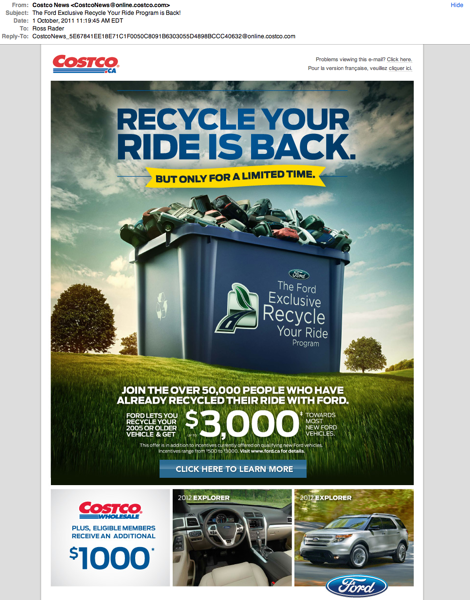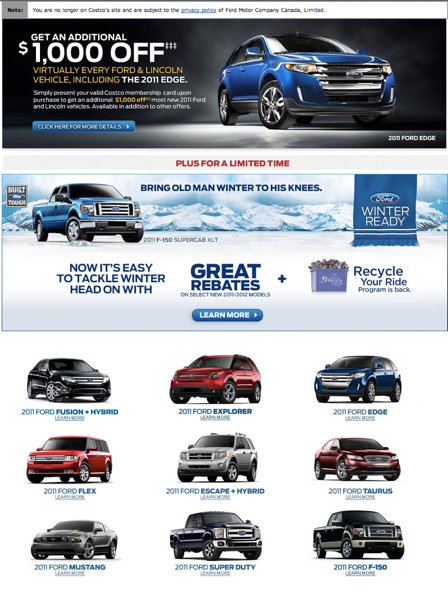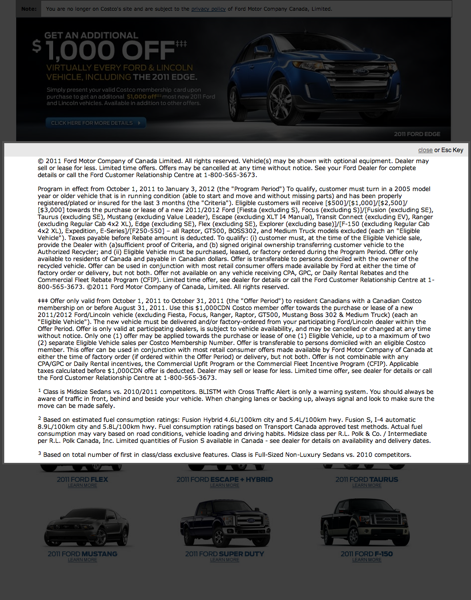Ciào Facebook
You aren’t reading this on Facebook because I don’t want to play the Facebook game anymore.
I used to think that Facebook was great for sharing stuff with friends. It is, sort of.
Mostly though, Facebook just shares stuff with a small set of people that it wants to show your stuff to. Similarly, Facebook only shows you stuff from a small set of people it wants you to see. In its quest to make certain that its feeds and timelines are relevant, Facebook scores relationships based on how often we like stuff, comment on it, poke it, view it, share it and so on. Then it sort of guesses who your friends are and shows you and them stuff based on how you interact with it.
On paper, this is a really good idea. In practice, it just means that if we don’t want to play the Facebook game of friend, like, poke, view, share and comment, then we don’t really see anything interesting. Our brains recognize these game mechanics at some level, making it incredibly easy to waste way too much time poking and sharing and commenting – the more we do it, the better the Facebook experience is. It takes hours to achieve and maintain a reasonable level of quality in what you read on your wall.
I’m opting out.
I love my friends and family but life is too short wasting it poking and commenting and liking – Facebooking – just so I can see your updates on my wall. I’ll still check in from time to time, but instead of spending all sorts of hours trying to get Facebook to show me your stuff on my wall, I’m just gonna read your wall directly. I’ve created a nice list of bookmarks of the walls for people that I want to keep up with and I’ll just browse through that when I want to get a friend fix.
And in the meantime, I’ll be hanging around here…




Comments…